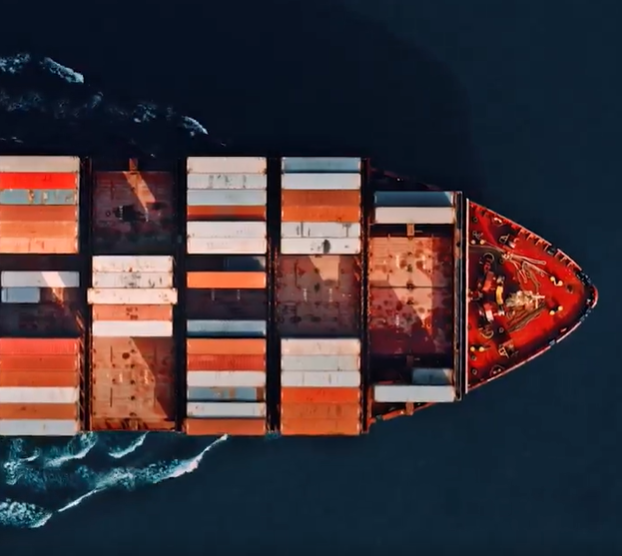Addressing Contractual Uncertainties: BIMCO Develops Industry Clause in Response to US Tariffs on Chinese Vessels
The Denmark-headquartered shipping association BIMCO has taken proactive steps to tackle the contractual uncertainties arising from the United States Trade Representative’s (USTR) Notice of Actions to impose tariffs on Chinese-related vessels calling US ports.
In response to the Section 301 investigation targeting China’s maritime, logistics, and shipbuilding sectors, the USTR proposed tariffs in February 2025 that stirred criticism from corporations and organizations. The tariffs, initially set at $1.5 million per vessel, faced backlash and scrutiny.
In April, the US government, led by President Donald Trump, reintroduced tariffs based on net tonnage or containers, starting at $18/NT or $120 per container, set to increase annually. These measures are slated to take effect in October.
BIMCO representatives have cautioned that these tariffs could strain consumers, industry stakeholders, and the supply chain, lacking a comprehensive response to the issue at hand.
BIMCO Secretary General & CEO, David Loosley, highlighted the potential impact of these measures on global trade, emphasizing the significant cost increase for seaborne trade to and from the United States and the contractual challenges they pose for the shipping industry.
Recognizing the need for clarity, the BIMCO Documentary Committee has expedited the drafting of clauses to assist the shipping industry in navigating the new regulations.
Deputy Secretary General & Director of Contracts at BIMCO, Stinne Taiger Ivø, disclosed that a subcommittee is actively working on a clause to address these challenges, with plans for publication and communication upon adoption.
Despite theoretical applicability, practical implications reveal a complex landscape where few ship owners or operators have fleets devoid of vessels constructed in China. In 2024, Chinese shipyards secured 62% of the global orderbook, underscoring the industry’s reliance on Chinese construction capabilities.
The World Shipping Council (WSC) cautioned that the tariffs could escalate inflation for US consumers, jeopardize jobs, and disproportionately impact American farmers and exporters. WSC CEO Joe Kramek suggested that USTR’s actions may not incentivize desired policy changes in China.
COSCO Shipping, a Chinese state-owned shipping giant, criticized the US tariffs as discriminatory and harmful, warning of potential repercussions on industry security and resilience.
The China Association of National Shipbuilding Industry (CANSI) denounced the US actions as unjust, labeling them as a crackdown on China’s shipbuilding sector following what they deemed a flawed investigation.

